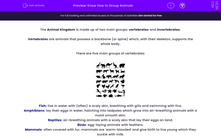The Animal Kingdom is made up of two main groups: vertebrates and invertebrates.
Vertebrates are animals that possess a backbone (or spine) which, with their skeleton, supports the whole body.
There are five main groups of vertebrates:
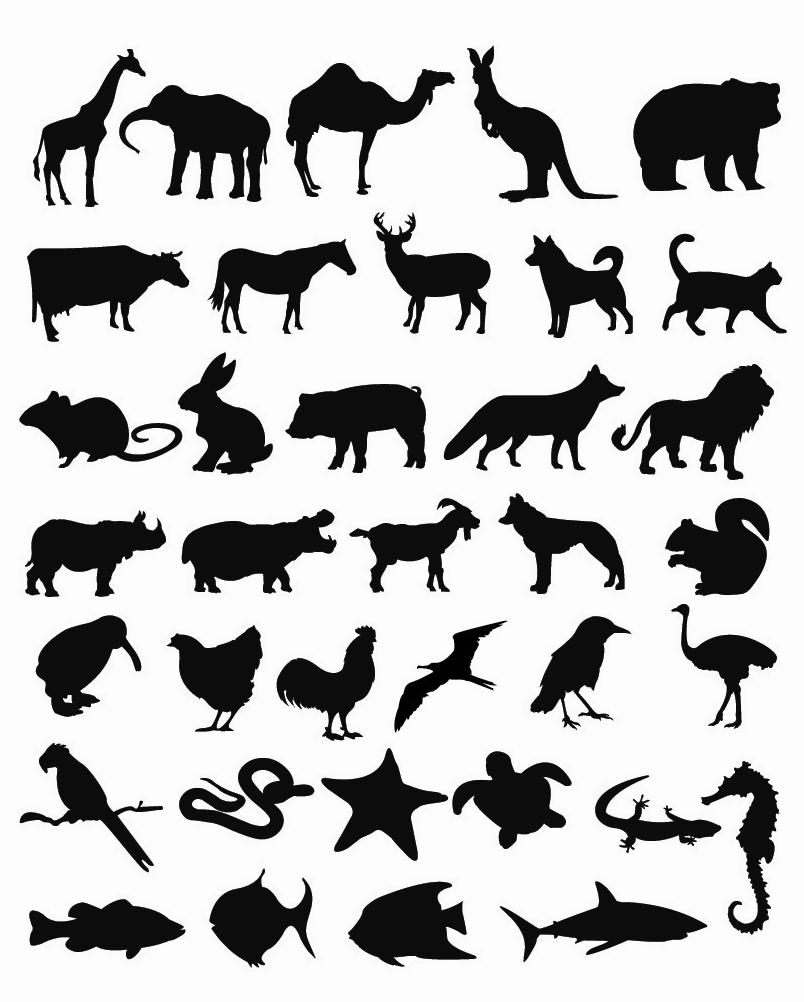
Fish: live in water with (often) a scaly skin, breathing with gills and swimming with fins.
Amphibians: lay their eggs in water, hatching into tadpoles which grow into air-breathing animals with a moist smooth skin.
Reptiles: air-breathing animals with a scaly skin that lay their eggs on land.
Birds: egg-laying animals with feathers.
Mammals: often covered with fur, mammals are 'warm-blooded' and give birth to live young which they suckle with milk.
Invertebrates are animals without backbones and there are millions of different sorts on our planet.
Many have a hard 'shell' on the outside which gives them their shape (it's proper name is an exoskeleton), and a soft inside.
 |
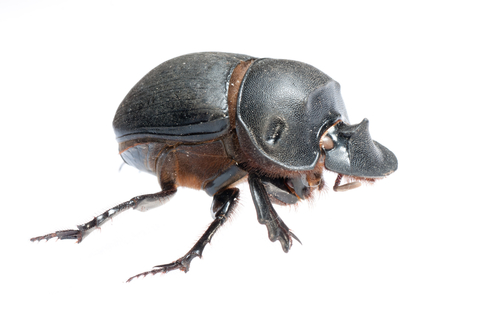 |
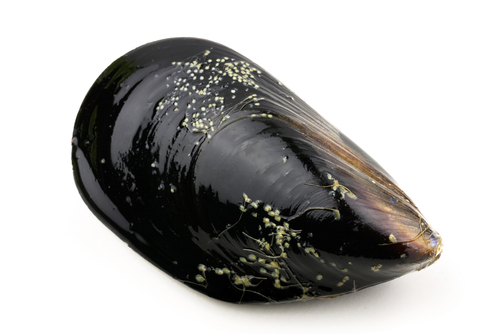 |
Insects are invertebrates which have a hard outside and a soft inside (that means that they go 'scrunch, then squish' when you step on one by mistake - yuk!).
 |
 |
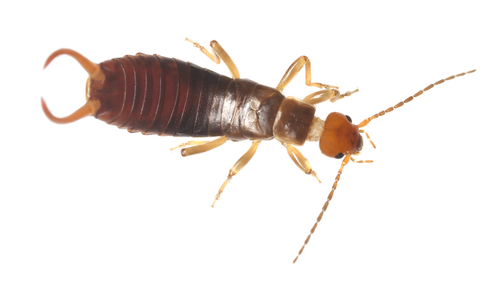 |
Some invertebrates have a soft inside and a soft outside:
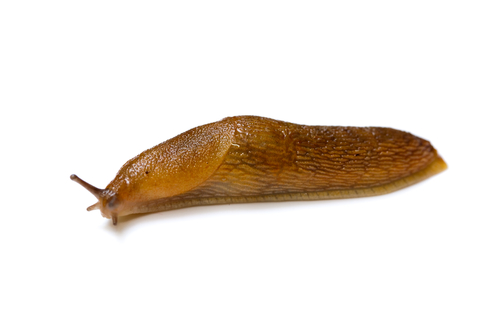 |
 |
OK, so it's time to find out more about the animal life on our planet, what they're like and how they are sorted into groups.
Let's get sorting!

